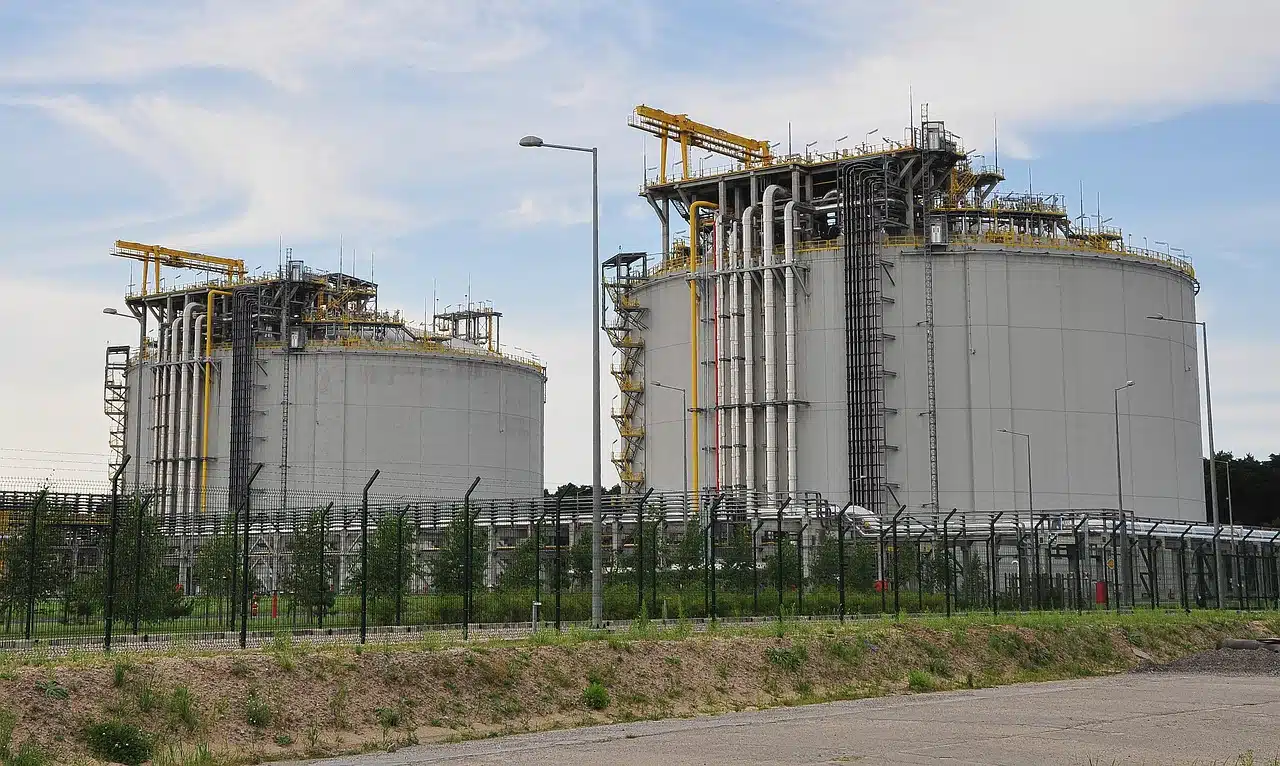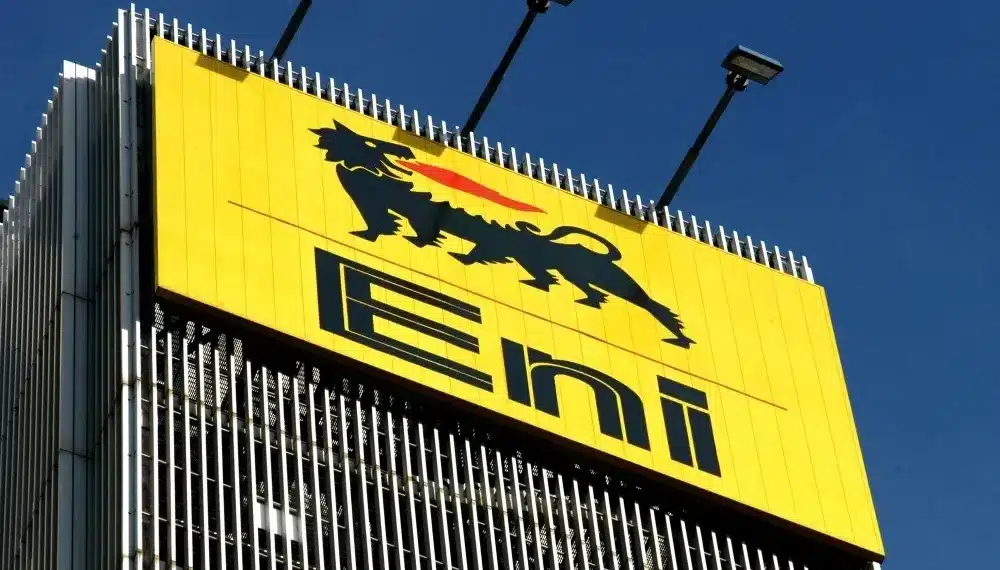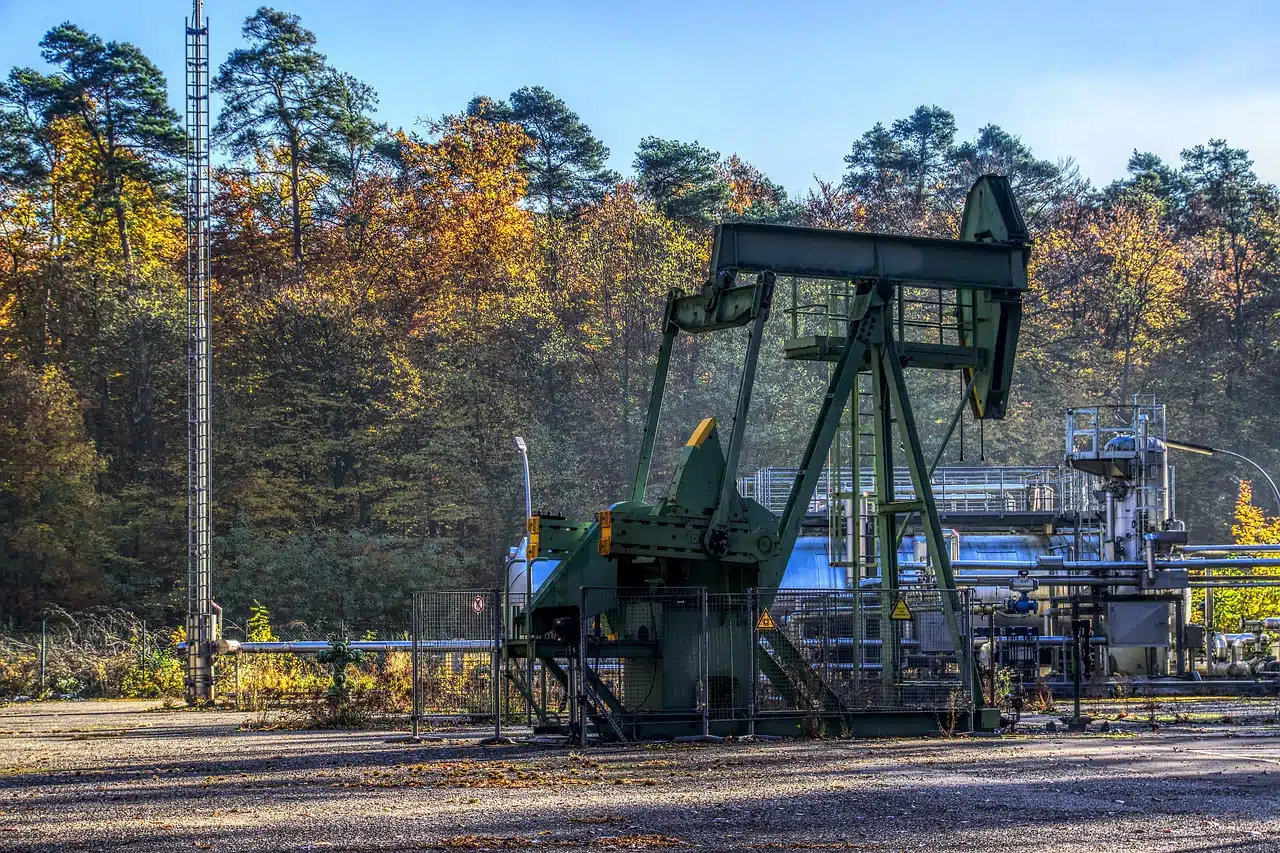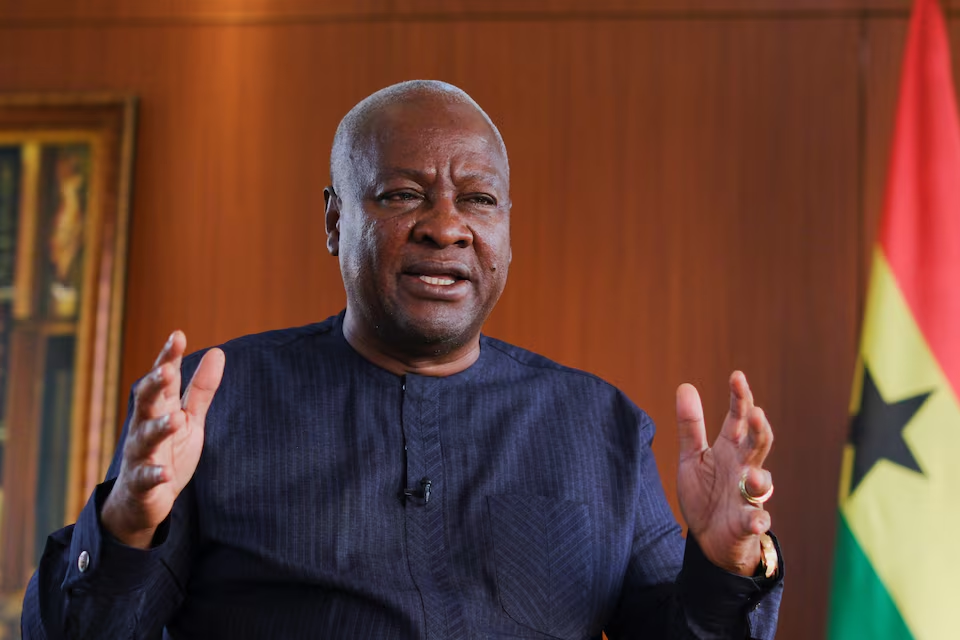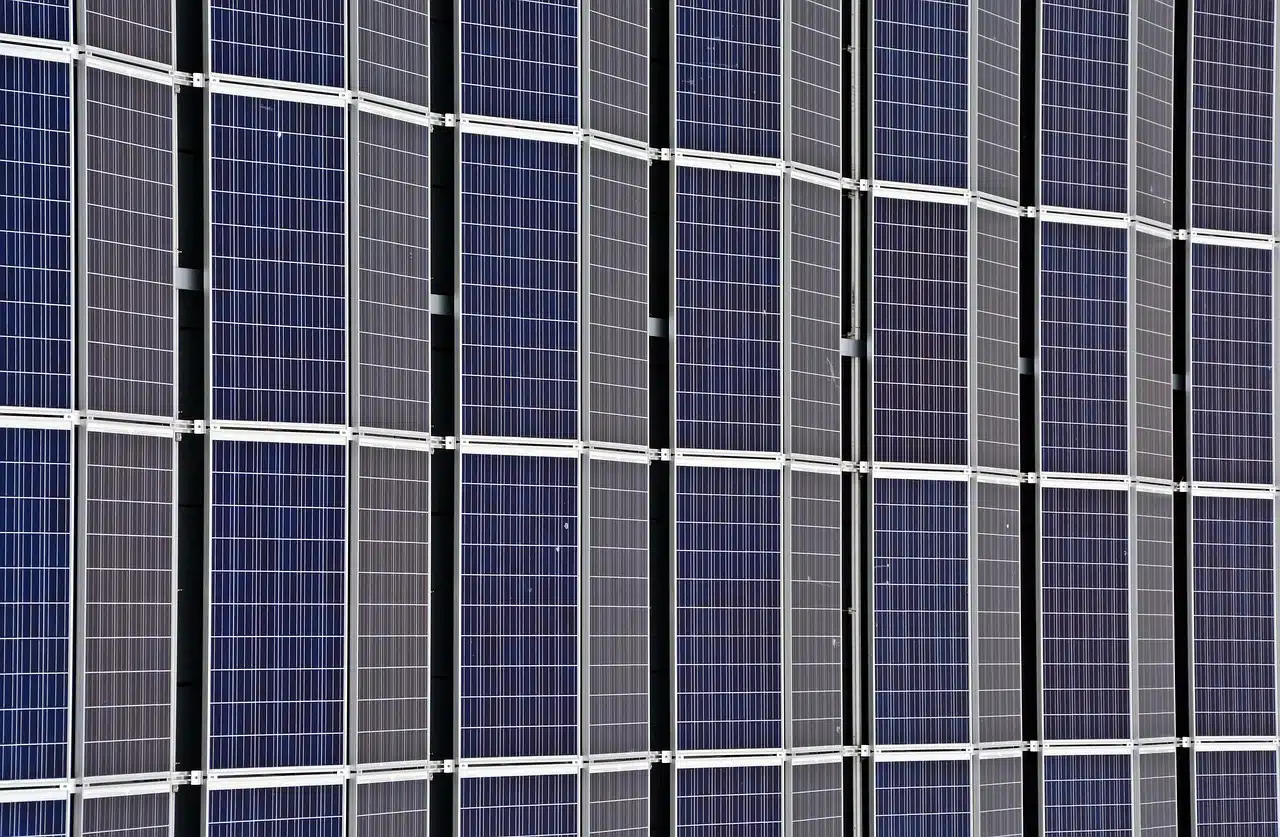Multinational energy firms, including Chevron and Shell, have exited their exploration concessions in Egypt’s Red Sea region after failing to make commercial oil or gas discoveries.
The Egyptian Ministry of Petroleum said the companies are now redirecting efforts to other promising areas, especially the Mediterranean.
The announcement follows the expiry of initial exploration phases awarded in 2019, when Egypt granted Red Sea blocks to Chevron, Shell, and Mubadala Investment Company in a bid to boost offshore energy production.
But despite heavy investments, the efforts yielded no viable results.
“Companies have spent millions on their concessions within the agreed time frames,” said Moataz Atef, spokesperson for the petroleum ministry.
He mentioned that one company, which was not named, invested $34 million over triple its initial $10 million commitment yet was unable to achieve commercial success.
Stakeholders respond to exit
Meanwhile, Chevron confirmed its exit from Block 1 in the northern Red Sea, where it held a 45% stake and operated alongside Woodside Energy.
Sally Jones, a Chevron spokesperson, said the company remains focused on working with the Egyptian government and partners in its other operations.
“Chevron remains committed to working with the government of Egypt and our partners to support the growth of Egypt’s energy sector through our exploration programmes in the Mediterranean,” Jones said.
The Egyptian government has not revealed the full list of companies that relinquished their Red Sea concessions, but maintained that exploration opportunities remain in the region.
Despite the Red Sea exits, the petroleum ministry stated that Shell and Chevron have applied for new exploration licenses in the Mediterranean Sea.
Chevron has shown interest in three other blocks in the country, including two where it would serve as operator.
Atef said Egypt is preparing to meet rising summer electricity demand with additional gas supply strategies. These include three to four floating storage and regasification units, as well as emergency plans and LNG shipments to support power generation.
Last year, Egypt experienced widespread power shortages during the summer, with high cooling demand pushing the government to spend around $1.18 billion on energy imports.
To boost local production, the Egyptian Natural Gas Holding Company (EGAS) plans to implement seven development projects and drill 24 new wells in the 2025/2026 fiscal year.




